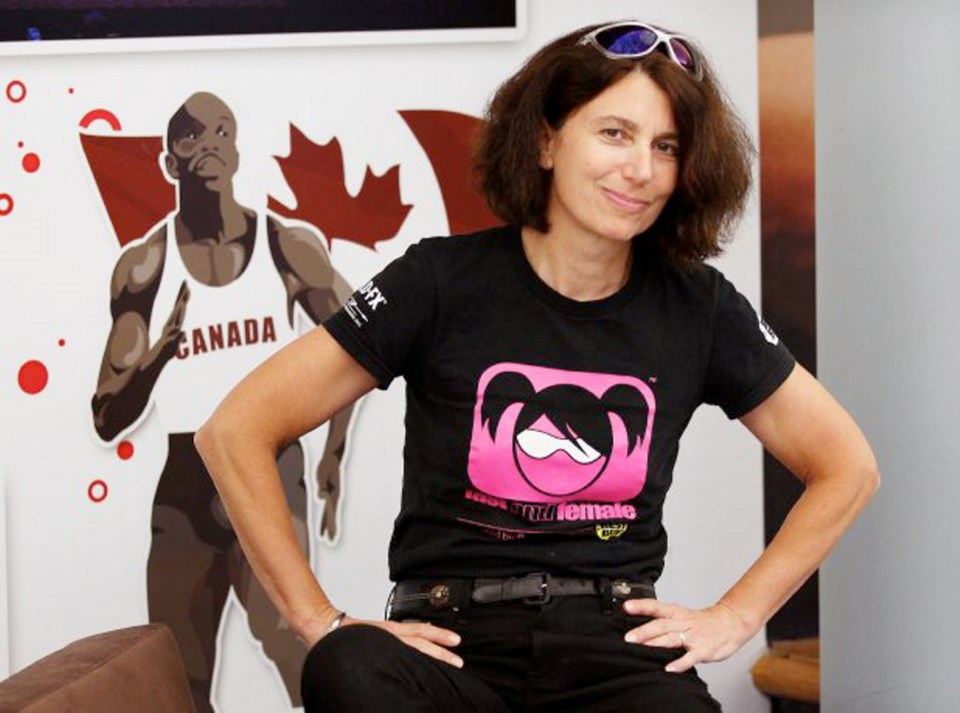It promises to be one of the biggest and most closely watched defamation trials in recent memory in B.C.
The case of freelance journalist Laura Robinson alleging she was defamed by former Vancouver Olympics CEO John Furlong is set to get underway Monday.
Robinson and Furlong will be the key witnesses in the much-awaited two-week long trial before B.C. Supreme Court Justice Catherine Wedge in Vancouver.
In March, Furlong abandoned his own defamation suit against Robinson after three lawsuits alleging that Furlong had sexually abused former students more than 40 years ago were dismissed.
He had initially filed suit after Robinson wrote an article published in the Georgia Straight newspaper in September 2012 alleging that eight former students of Furlong had been physically abused by him. Furlong, who alleges Robinson’s journalistic techniques are “highly unorthodox, prejudicial and skewed to creating innuendo, journalistic imbalance and errors in fact,” vehemently denied the allegations.
Robinson then counter-sued and it is that defamation suit that is proceeding Monday.
Bryan Baynham, Robinson's lawyer, said that neither he nor his client would be commenting in advance of the trial.
“We’ve avoided trying the case in the media and were critical of Mr. Furlong for doing that. We don’t want to be in the same position.”
Baynham noted Robinson issued a statement at the end of March, when Furlong dropped his defamation case, that she was looking forward to her day in court and felt vindicated.
After Baynham gives an opening statement to the judge, the first witness is expected to be John Miller, a former dean of Ryerson’s school of journalism. He is expected to testify that Robinson used accepted journalistic standards in researching the story.
“It’s the first case in British Columbia that I’m aware of with expert evidence about what constitutes proper journalistic practice,” said Baynham.
Miller is to be followed by Robinson, who claims in court documents that comments Furlong made at a press conference and in a number of statements following the publication of the Straight article wrongly suggested she was an unethical and incompetent journalist who fabricated the allegations for personal gain.
A third witness expected to be called by Baynham is Charlie Smith, the editor of the Straight. Furlong initially sued the Straight in addition to Robinson but in October 2013, he abandoned his legal action against the newspaper.
The eight former students who provided affidavits in support of Robinson’s article are not expected to testify at the trial.
Robinson’s case might take up most if not all of the first week.
Furlong, currently executive chair of Whitecaps FC and an officer of the Order of Canada, is then expected to testify in his own defence.
His lawyer said he would not be available to comment in advance of the trial.
But in a response to civil claim filed in court, Furlong says that as a public figure, the statements he made were matters in the public interest and he had a “personal” interest in responding to false and defamatory comments made about him by Robinson.
He is expected to raise several defences, namely that the statements he made were true in substance and fact or were fair comment.
Furlong also claims that the statements were made on an occasion of qualified privilege, a response to an attack from Robinson that he had a legitimate interest in communicating to the public.
In addition to Furlong himself testifying, his lawyers are expected to call an expert of their own — Dr. John Yuille. The psychologist and professor emeritus at the University of B.C. is an expert in false memory.
With legal bills of more than $200,000 and mounting, Robinson set up a legal defence fund supported by a number of fundraisers.
Robinson has more than 20 years of experience covering the Olympic sports of cycling and cross-country skiing and has written numerous freelance articles, as well as six books on sport.
In June 2012, she was awarded an honourary doctorate of laws by York University.



